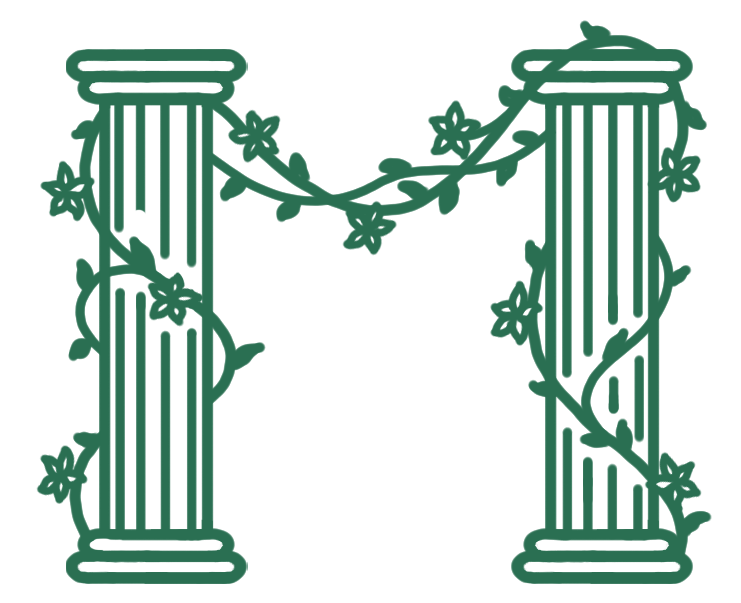Ciencia
“1788 – Joseph Louis Lagrange presents Lagrange’s equations of motion in the Méchanique Analytique” (“Timeline of classical mechanics – Wikipedia”)
1766 Henry Cavendish discovers hydrogen as a colorless, odorless gas that burns and can form an explosive mixture with air.[38]
1773–1774 Carl Wilhelm Scheele and Joseph Priestley independently isolate oxygen, called by Priestley “dephlogisticated air” and Scheele “fire air”.[39][40] (“Timeline of chemistry – Wikimedia,
1761 – Thomas Bayes proves Bayes’ theorem.
1785 – Charles-Augustin de Coulomb: Coulomb’s inverse-square law for electric charges confirmed[2] (“Timeline of fundamental physics discoveries – WikiMili …”)
1778 Antoine Lavoisier, considered “The father of modern chemistry”,[41] recognizes and names oxygen, and recognizes its importance and role in combustion.[42] (“Timeline of chemistry – Wikimedia,)
1789 Antoine Lavoisier publishes Traité Élémentaire de Chimie,
Alexander von Humboldt (1768-1859)
